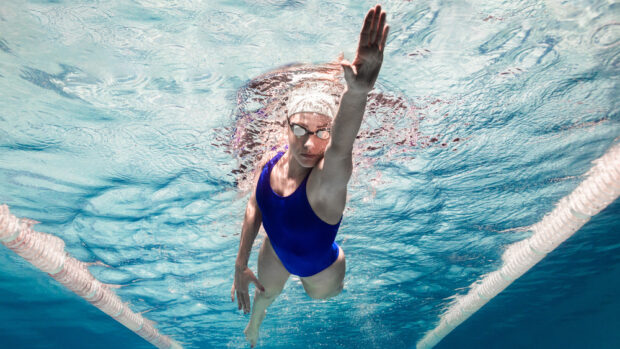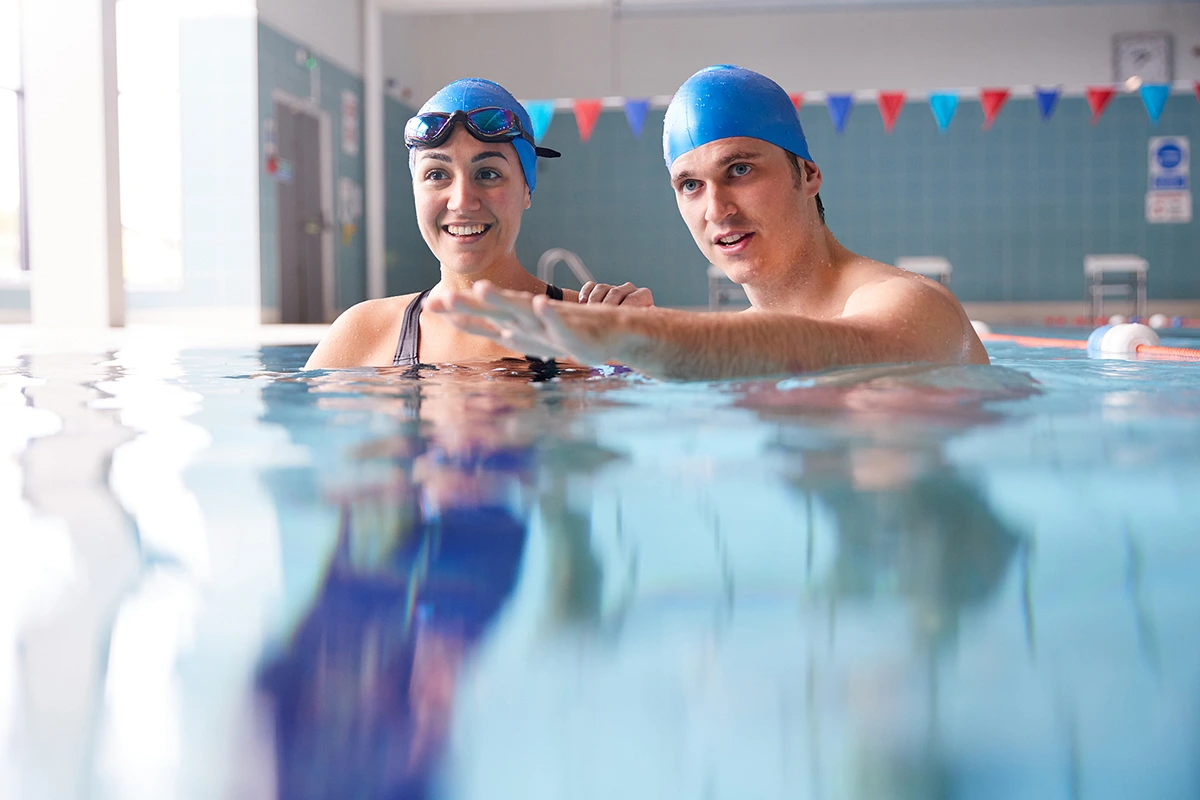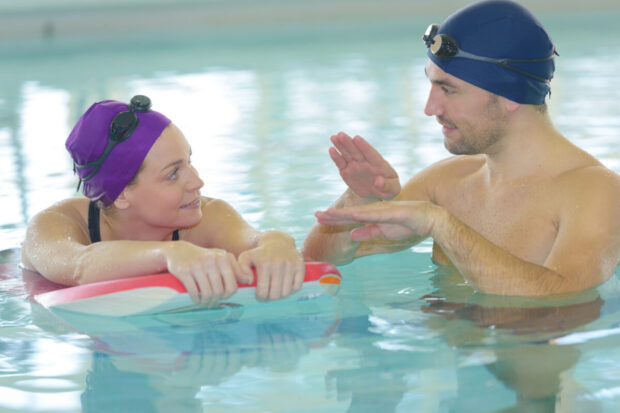Embarking on the adventure of taking adult swim classes can be a transformative journey, especially for those who are not comfortable in the water. Overcoming fear and mastering swimming not only benefits your health but also boosts your mental well-being and personal safety. This in-depth look explores how adult swim lessons can empower individuals to conquer their fear of water and become confident swimmers.
Understanding Aquaphobia

Aquaphobia, or the fear of water, often arises from past experiences or a lack of exposure to swimming during childhood. Adults dealing with this fear may find the idea of submerging themselves and floating overwhelming.
However, swim instructors focus on building trust through patience and empathy using tailored techniques to meet the needs of adults. For example, some adults may need extra support when learning to float, requiring supervision from their instructor.
The Journey Begins
Starting adult swim lessons involves recognising and embracing your fears. It’s important to learn at your own pace while setting goals along the way. Celebrating achievements plays a significant role in conquering fear. Additionally, learning with a friend and receiving guidance from caring instructors can make the learning process more manageable.
The Role of Expert Guidance

The significance of professional swim instruction cannot be emphasised enough.
Many organisations, such as the Red Cross and Sunsational Swim School, provide programs tailored for adults to learn swimming and water safety fundamentals. These programs cater to adult learners at various proficiency levels, catering to both beginners and those seeking to enhance their skills.
Focus on Safety and Confidence
Parents often enrol in adult swim lessons to ensure their children’s safety around water. By acquiring skills through these lessons, parents can respond confidently in emergencies, reducing the likelihood of drowning incidents.
Learning about Body Buoyancy
Understanding how the human body naturally floats in water can alleviate fears related to swimming. Activities like the ‘Mushroom Float’ demonstrate this concept by showing that humans have buoyancy. Mastering a relaxed, horizontal position in the water is crucial for developing effective swimming strokes.
Conquering Fear and Anxiety

Overcoming aquaphobia involves more than techniques. It requires managing and overcoming fears and anxieties associated with water. Some swim programs incorporate strategies developed by experts, emphasising control and comfort in environments.
These methods emphasise the aspect of learning how to swim, promoting an understanding of how both the body and mind respond to being in water.
Boosting Self-Assurance Through Community
Engaging with a community, such as swim clubs or classes tailored for adults dealing with similar anxieties, can be incredibly beneficial. Sharing experiences and progress with peers who can relate to the challenges can offer encouragement and inspiration.
Personal testimonials highlight the positive effects of small class sizes and individualised attention in boosting confidence and proficiency in swimming. You make also read Importance of Showering After Swimming in A Pool.
Wrap Up

Adult swimming lessons serve as a pathway to conquering fears, improving safety, and enjoying the physical and mental benefits of swimming. With dedication, regular practice, and guidance from instructors, individuals who are not confident swimmers can alter their relationship with water by transforming fear into liberation. Embracing this journey opens up opportunities where water becomes a source of delight rather than apprehension.




